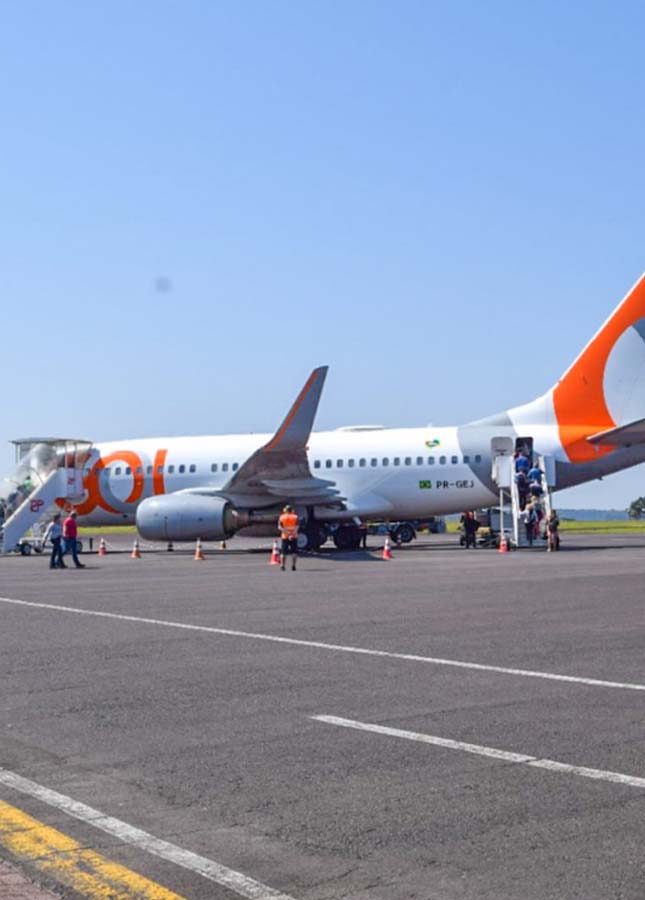1. Introduction
Serving the bustling city of Chapecó, Brazil, Serafin Enoss Bertaso Airport (XAP) stands as a vital transportation hub for the western region of Santa Catarina. It connects both locals and visitors to domestic and international destinations, fostering economic growth and tourism.
2. Location
XAP sits conveniently just 5 kilometers west of downtown Chapecó, offering easy access via BR-48 road. Surrounded by lush green hills and vibrant farmlands, the airport itself blends seamlessly with the region’s picturesque landscape.
3. History
It was opened in 1975, XAP initially catered primarily to private jets and small aircraft. Over the years, it has undergone several expansions and renovations, culminating in its current status as a regional powerhouse, handling over 800,000 passengers annually.
4. Facilities
The airport is fully equipped with state-of-the-art facilities, Chapecó Serafin Enoss Bertaso Airport offers a seamless travel experience for passengers. Modern terminals, lounges, and amenities ensure comfort, while efficient services contribute to the overall satisfaction of travelers.
5. Airlines and Destinations
Numerous airlines, including Azul, LATAM, and Gol, operate from XAP, connecting to major Brazilian cities like São Paulo, Rio de Janeiro, and Florianópolis. International flights to Buenos Aires and Asunción offer further connectivity.
6. Transportation Infrastructure
The airport boasts a well-developed transportation infrastructure, including convenient road access and parking facilities. Efficient ground transportation options ensure smooth connectivity to and from the airport, facilitating the seamless movement of passengers and goods.
7. Cargo Capabilities
As a key player in cargo operations, Chapecó Serafin Enoss Bertaso Airport facilitates the swift and secure movement of goods. Cutting-edge cargo handling facilities and dedicated areas for logistics contribute to the airport’s role as a vital hub for regional and international trade.
